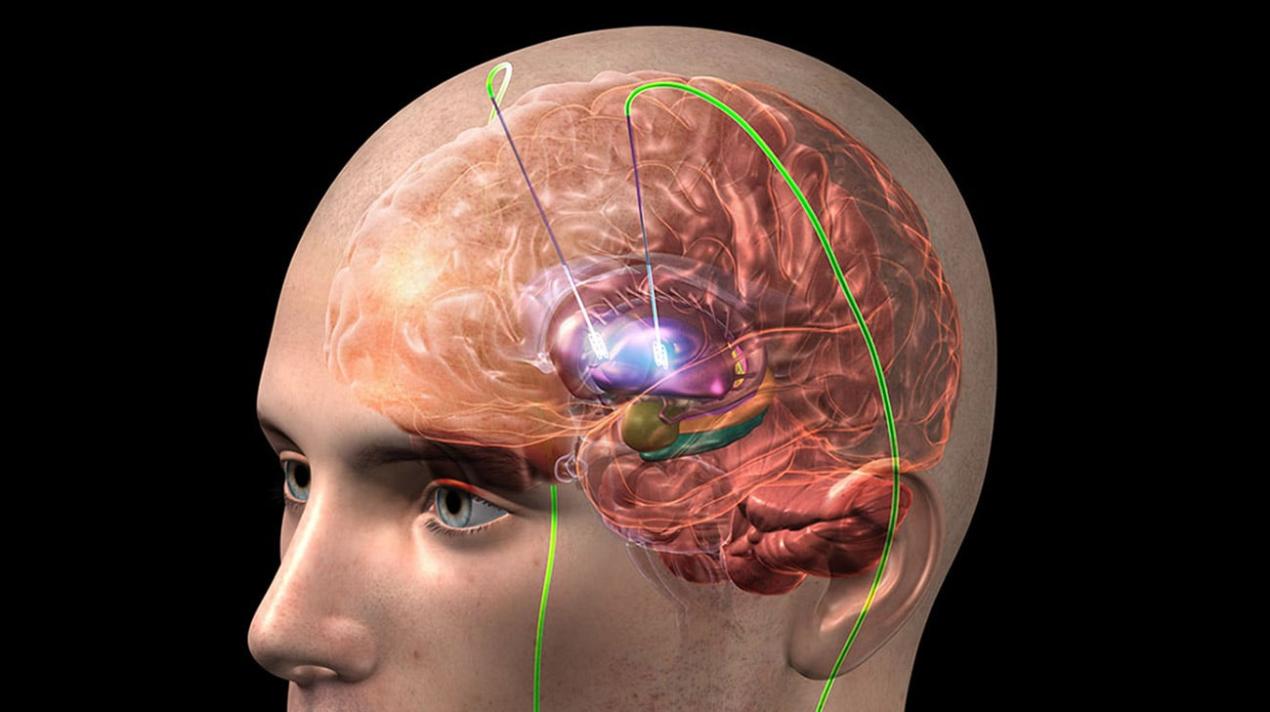How Can Brain Surgery Improve Quality of Life?
Brain surgery is a complex and delicate procedure that can significantly impact a person's life. While the thought of brain surgery may be daunting, it can offer life-changing benefits for individuals suffering from various neurological conditions. This article explores how brain surgery can improve quality of life by alleviating symptoms, restoring function, and enhancing overall well-being.

Types Of Brain Surgery And Their Benefits
There are various types of brain surgeries, each with its own unique purpose and benefits. Some of the most common types include:
- Epilepsy surgery:
- Brain tumor surgery:
- Deep brain stimulation (DBS):
- Aneurysm surgery:
Epilepsy surgery aims to control or eliminate seizures. It can involve removing the part of the brain where seizures originate or implanting a device to disrupt seizure activity. Benefits include improved seizure control, reduced medication dependence, enhanced cognitive function, and increased independence.
Brain tumor surgery aims to remove or reduce the size of a brain tumor. It can involve open surgery, minimally invasive techniques, or a combination of both. Benefits include relief from symptoms such as headaches, nausea, and vision problems, improved neurological function, and prolonged survival.

DBS involves implanting electrodes in specific brain regions to deliver electrical stimulation. It is used to treat movement disorders such as Parkinson's disease and essential tremor. Benefits include reduced tremors, improved motor control, increased mobility, and enhanced quality of life.
Aneurysm surgery aims to prevent or repair a brain aneurysm, a weak spot in a blood vessel in the brain. It can involve clipping the aneurysm, coiling it, or performing bypass surgery. Benefits include reduced risk of stroke, improved neurological function, and preserved cognitive abilities.
Quality Of Life Improvements After Brain Surgery

Brain surgery can lead to significant improvements in quality of life for individuals with various neurological conditions. These improvements can be categorized into three main areas: physical, cognitive, and emotional.
Physical Improvements:
- Reduced pain and discomfort
- Improved motor function and mobility
- Enhanced sensory perception
- Increased energy levels
Cognitive Improvements:
- Improved memory and concentration
- Enhanced problem-solving skills
- Increased attention span
- Reduced cognitive decline
Emotional Improvements:
- Reduced anxiety and depression
- Improved mood and well-being
- Enhanced self-esteem and confidence
- Increased social engagement
Risks And Considerations Of Brain Surgery
While brain surgery can offer significant benefits, it also carries certain risks and considerations. These include:
- Potential complications:
- Importance of careful patient selection and thorough preoperative evaluation:
- Need for ongoing medical care and rehabilitation after surgery:
Brain surgery is a complex procedure, and there is always a risk of complications. These may include infection, bleeding, stroke, cognitive impairment, and seizures.
Careful patient selection and thorough preoperative evaluation are crucial to minimize risks and optimize outcomes. This involves assessing the patient's overall health, neurological condition, and suitability for surgery.
After brain surgery, patients typically require ongoing medical care and rehabilitation to support their recovery and maximize the benefits of surgery. This may include medication, physical therapy, occupational therapy, and speech therapy.
Brain surgery can be a life-changing procedure for individuals with various neurological conditions. By alleviating symptoms, restoring function, and enhancing overall well-being, brain surgery can significantly improve quality of life. However, it is important to carefully consider the risks and benefits and ensure that patients receive individualized treatment plans and comprehensive support throughout their journey.
YesNo

Leave a Reply